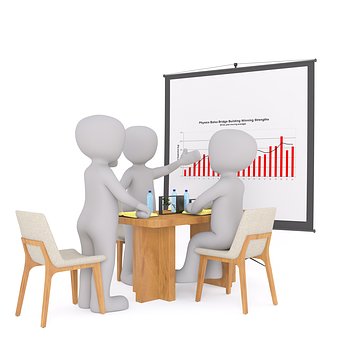I interviewed a recent customer about why he wanted to implement service CRM in his company.
What does he use Saleswah CRM for? They run a large number of service centers around the country which repair water treatment equipment of their own manufacture – dosing pumps etc. Their customers are spread all over India. They sell through a large network of distributors and retailers.
Here are his 4 top reasons to implement service CRM. In the order he narrated to me.
- Create a system for logging and prioritizing service calls- crying baby gets the most milk. Should NOT.
- Post facto analysis- Monitor targets/ efficiency. Compare across equipment, service centres, technicians
- Restore confidence in fairness of the spares usage/ requirement- not change them arbitrarily and ensure the genuinely required parts are used. Also ensure only genuine spares are used.
- Cut down on the time spent in communicating with customers regarding the stages of the service
Let’s dive in, im some detail.
First reason to implement service CRM: prioritize service tickets
He wanted some method – to restore order and a sense of calm. Too often, his service technicians would simply attend to those customers who were shouting at them across the counter or the phone line.
Frequently tickets logged weeks ago were pending. No one followed a system.

“This was my top-most reason to implement service CRM- I did not want my technicians making these decisions under pressure”.
Now, after he has implemented, the CRM gives him alerts when a ticket is delayed beyond justification.
Second reason to implement service CRM: post-facto analysis
“I had no actionable data”- he says of his second reason to implement service CRM.
He wanted to monitor targets- and track if his team is meeting them.
How many repairs per day? Per week/ month?

Now cut the data by service centre, by product type. You get all that now at your fingertips. Which equipment is failing more often? Is this a problem with certain batches of production?
Which spares are being used most often?
Now, he gets reports on all the above- which helps him identify areas for improvement. He has already identified that he needs a service center in a city he did not have one in.
Third reason why implement service CRM: spares management
“Using non-genuine spares is a sure way to kill my brand and goodwill”- says he.
He wants to be fair- why charge for spares when you don’t need to? But, if spare parts are used, they must be genuine and customers must have confidence in the repair process.
“The only way to ensure fair usage of spares and charge the customers in a transparent way was to implement service CRM. I track spares from my central warehouse to all my service centers – to the ultimate repairs done.”
He has already reduced his spares outgo over last year- even though he is servicing more equipment than last year.
Fourth reason to implement service CRM: streamline customer communication
Before they implemented Saleswah service CRM, his team spent a lot of time on the phone. Communicating or responding to customers.
Have you received it?
Have you started working on it? How much will it cost? What’s wrong with it?
Can you do it faster?
Or, it could be his team chasing the customer.
Please approve the repair estimate so we can start working. It’s repaired – come pick it up. Or, we have sent it- here’s the details.
Phone and whatsapp. It was all ad-hoc.
Now, those days are truly in the past.

He wants to specially thank Simply C2– the companion app- which we implemented for his customers.
All transaction communication is now automated. The moment the equipment reaches the service center- there is a ticket acknowledgement which is sent to the customer.
Customer gets the status update through the Simply C2 app, for ALL repair stages. Not just that – he can approve estimates and make payments through the app. And, download invoices.
Do you want to know how Saleswah service CRM and Simply C2 can work together to transform your service operations? Call us or sign up for our inaugural offer here.
